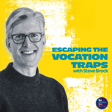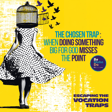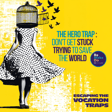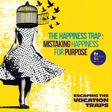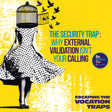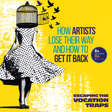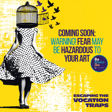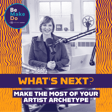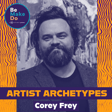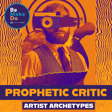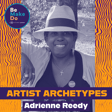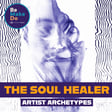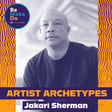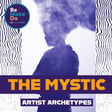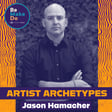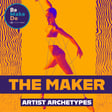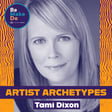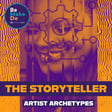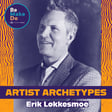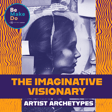
Empathic Imagination with Mary McCampbell
"I feel like Christians should be the most creative and should have the most profound understanding of the complexity of the human condition."
The "P" word (prophetic) gets thrown around in this episode of the Be. Make. Do. Podcast. Mary McCampell, author of Imagining our Neighbors as Ourselves, joins Dan and Lisa for a conversation on the impact of creative work in shaping our lives and our culture.
Read Mary's book: Imagining Our Neighbors as Ourselves https://www.amazon.com/Imagining-Our-Neighbors-Ourselves-Empathy/dp/1506473903
Check out Mary's Substack: https://substack.com/@marymccampbell
Mary's Website: https://marywmccampbell.com/
Subscribe to the Be. Make. Do. newsletter and download the Wise-Hearted Ones Study Guide: www.soulmakers.org/bemakedo
Get your FREE Wise-Hearted Ones Study Guide for practical tools and thought provoking guidance on your artist's quest: https://www.soulmakers.org/podcast-study-discussion-guide
